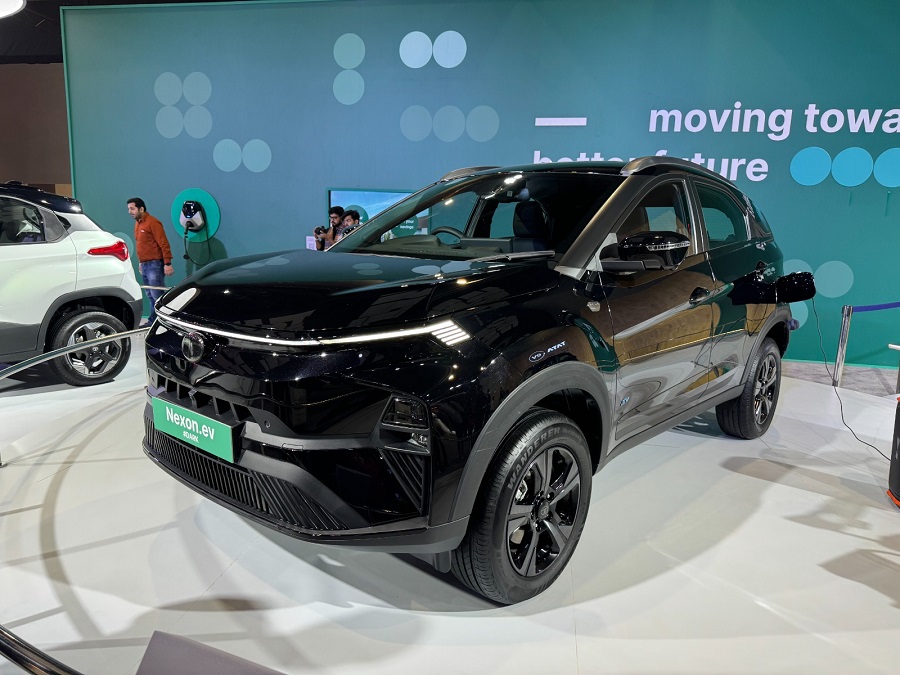A Detailed Look into the Expanding Electric Vehicle Market in India
India’s electric vehicle (EV) market is witnessing an unprecedented surge, as highlighted by the latest data from the Ministry of Road Transport & Highways’ e-Vahan portal. Over the past five financial years, the number of registered electric vehicles has grown exponentially, indicating a significant shift towards sustainable transportation. Here’s a closer look at the figures:
- FY 2019-20: 173,604
- FY 2020-21: 142,383
- FY 2021-22: 459,058
- FY 2022-23: 1,183,341
- FY 2023-24: 1,681,127
The cumulative total of registered electric vehicles on the e-Vahan portal reached an impressive 4,574,938 by July 29, 2024. Notably, the fiscal year 2023-24 saw a remarkable 42.06% increase in EV registrations compared to FY 2022-23.
This burgeoning growth was detailed by the Minister of State for Heavy Industries and Steel, Bhupathi Raju Srinivasa Varma, in a written response in the Rajya Sabha. The figures underscore the Indian government’s push towards reducing carbon emissions and promoting cleaner, greener modes of transportation.
Driving Factors Behind the Surge
Several factors contribute to this rapid adoption of electric vehicles in India:
- Government Initiatives and Incentives: The Indian government has rolled out various schemes and incentives to promote the adoption of electric vehicles. Subsidies, tax benefits, and rebates on EV purchases have made electric vehicles more affordable for the average consumer.
- Infrastructure Development: The development of EV charging infrastructure across the country has made owning an electric vehicle more convenient. Public and private sector investments in charging stations are helping to alleviate range anxiety, one of the major concerns of potential EV buyers.
- Technological Advancements: Advances in battery technology and the increasing range of electric vehicles are making them a viable option for more consumers. Better performance, reduced charging times, and longer battery life are significant factors driving the shift.
- Environmental Awareness: With increasing awareness about climate change and the environmental impact of fossil fuels, more consumers are opting for electric vehicles. The desire to reduce one’s carbon footprint is motivating many to make the switch.
Challenges and the Road Ahead
Despite the promising growth, the EV market in India still faces several challenges:
- High Initial Costs: Although the total cost of ownership of an electric vehicle can be lower than that of a conventional vehicle over time, the high initial purchase cost remains a barrier for many consumers.
- Battery Disposal and Recycling: The environmental impact of battery disposal and recycling is a growing concern. Developing efficient and eco-friendly battery recycling processes is crucial for the sustainable growth of the EV market.
- Supply Chain Issues: The global semiconductor shortage and supply chain disruptions have impacted the production of electric vehicles, leading to longer waiting periods for consumers.
Future Prospects
The future of the electric vehicle market in India looks bright, with continued government support and advancements in technology. The target of having 30% of all vehicles on the road being electric by 2030 seems within reach, given the current growth trajectory.
Policies aimed at boosting domestic manufacturing of electric vehicles and their components, coupled with investments in research and development, are expected to further accelerate the market. Collaborations between government, industry, and academia are likely to play a crucial role in overcoming existing challenges and fostering innovation.
In conclusion, India’s electric vehicle market is charging ahead with impressive momentum. The combination of favorable policies, technological advancements, and growing environmental consciousness among consumers is paving the way for a cleaner, greener future on Indian roads. As the market continues to expand, it will not only contribute to environmental sustainability but also drive economic growth and job creation in the emerging green economy.







